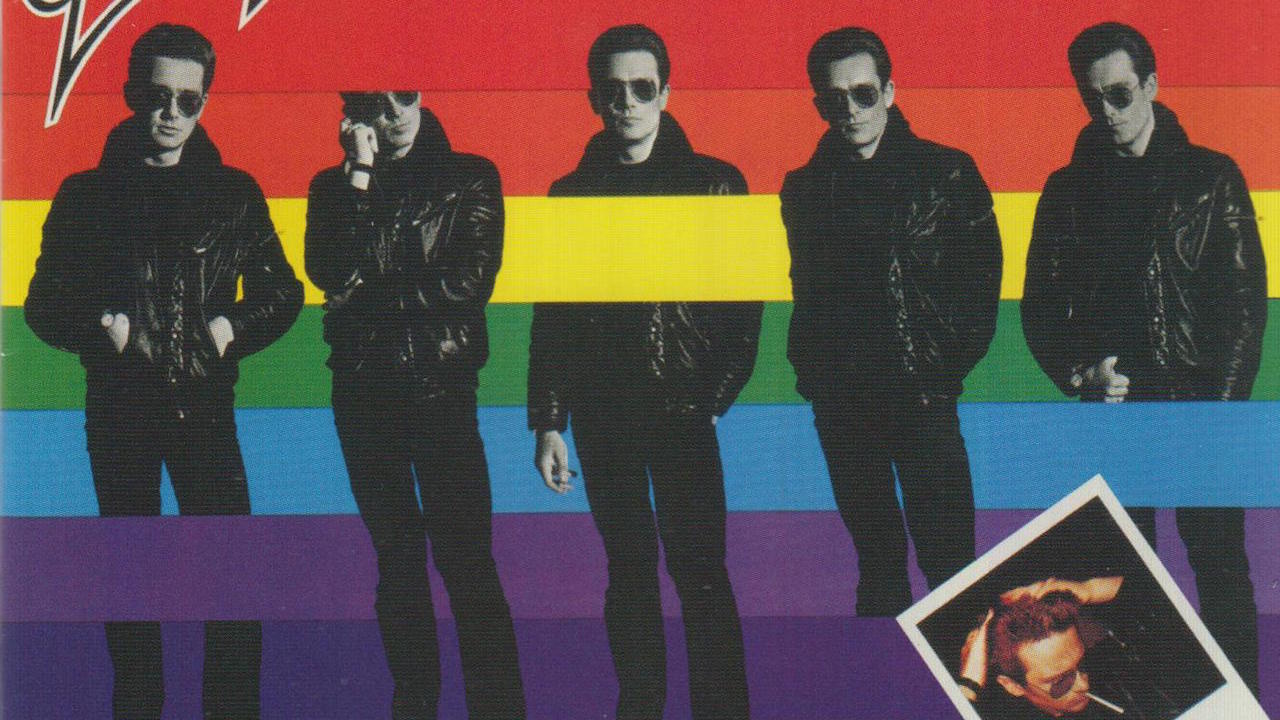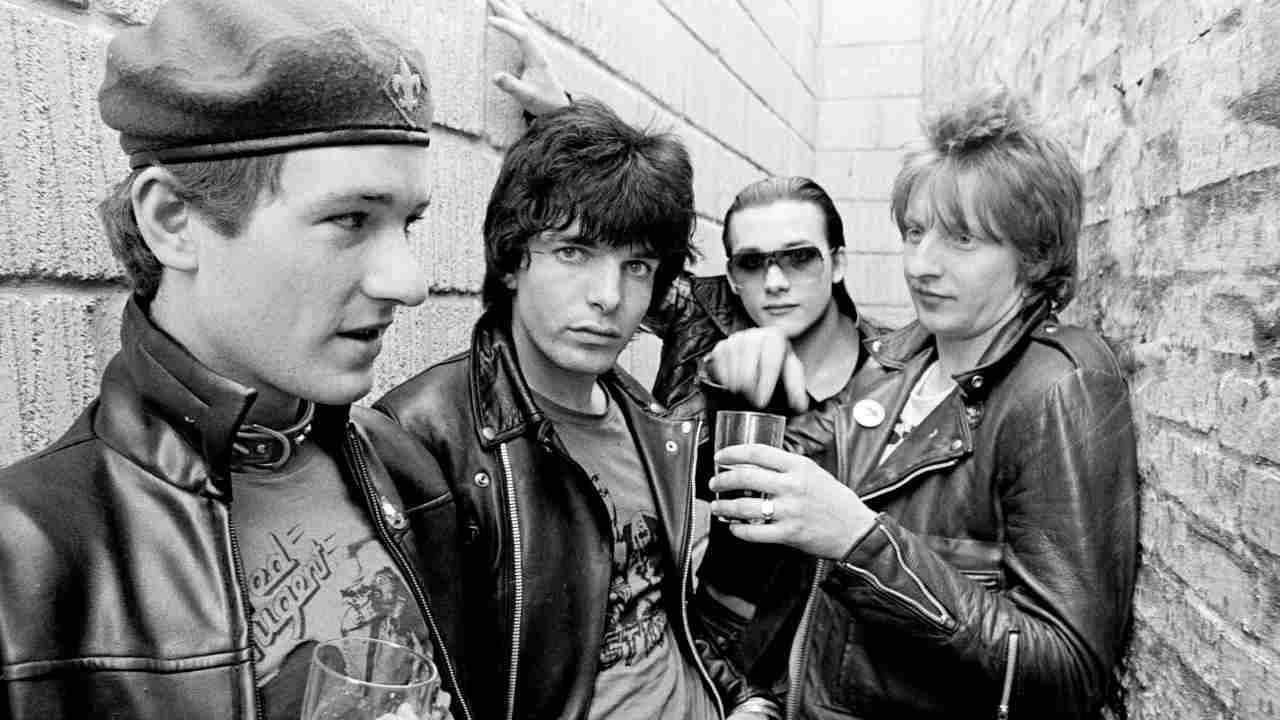You can trust Louder
Following his brief but highly commercial tenure as Rainbow frontman, Graham Bonnet jumped ship with drummer Cozy Powell to make his third solo album in 1981.
Featuring an all-star band, including half of Whitesnake, Status Quo guitarist Francis Rossi and former Deep Purple keyboardist Jon Lord, Line-Up allowed Bonnet to expand his hard-rock fanbase while reconnecting with his pop-soul roots, greeting the designer decade as a sharp-dressed, turbo-tonsilled all-rounder in the Robert Palmer mould.
Newly remastered and lightly expanded, this polished career milestone mostly stands up well. The thrusting lead single, Night Games was smartly pitched at Bonnet’s new legion of post-Rainbow fans, landing at No.6 in the UK chart. But the rest of the album is a broader showcase for his diverse tastes and talents, covering everything from vintage 1950s rock’n’roll to slick 80s synth-funk. Indeed, the muscular groove-rocker Liar isn’t far removed from Queen circa Hot Space.
A boogie-driven take on Chuck Berry’s Anthony Boy is pure Quo, while the Phil Spector classic Be My Baby is a crashy, splashy karaoke turn. The chief disappointment here is the paltry handful of extra tracks, two single edits and two B-sides, including the punchy Bad Days Are Gone, which predates Bonnet’s Rainbow period.
Sign up below to get the latest from Classic Rock, plus exclusive special offers, direct to your inbox!
Stephen Dalton has been writing about all things rock for more than 30 years, starting in the late Eighties at the New Musical Express (RIP) when it was still an annoyingly pompous analogue weekly paper printed on dead trees and sold in actual physical shops. For the last decade or so he has been a regular contributor to Classic Rock magazine. He has also written about music and film for Uncut, Vox, Prog, The Quietus, Electronic Sound, Rolling Stone, The Times, The London Evening Standard, Wallpaper, The Film Verdict, Sight and Sound, The Hollywood Reporter and others, including some even more disreputable publications.


